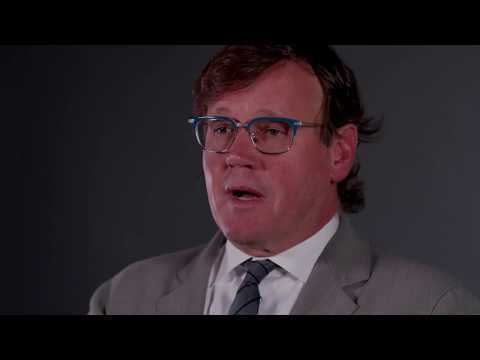 South Bend mayor
Pete Buttigieg, enjoying a surge in
Iowa
polling, has a climate advisor allied with the Trump administration
against climate activists.
South Bend mayor
Pete Buttigieg, enjoying a surge in
Iowa
polling, has a climate advisor allied with the Trump administration
against climate activists.
David G. Victor, recently quoted in a New York Times article
criticizing Bernie Sanders’ ambitious climate plan, was identified by
journalist Lisa Friedman as a “climate advisor to Pete
Buttigieg.”
Not mentioned by Friedman were Victor’s ties to the fossil-fuel industry
and to the Trump administration. For the past 15 years, his funding has
come from the fossil-fuel industry—in particular the oil giant BP and
the electric-utility-backed Electric Power Research Institute (EPRI).
Victor, who is a political scientist, not a climate scientist, by
training, sits on the board of EPRI.
In 2004, Victor celebrated a $1.95 million contribution from
BP to the program he
directed at the time, Stanford University’s Program on Energy and
Sustainable Development. “This new partnership with BP will allow the
program to accelerate research in several areas, including the design
and operation of market-based policies to address the threats of global
warming,” said Victor. “In addition to BP Foundation support, we look
forward to learning more from BP’s own experience as an energy company,
which touches on every aspect of our program’s research.”
In 2005, Victor published an article calling for a global boom in
natural-gas
extraction
in the name of climate action. “[M]ore programs to build natural gas
infrastructures would help the governments of China and India to manage
their local air pollution problems while cutting emissions of
CO2,” he wrote. “India’s shift to gas is being
hampered by the United States–led effort to isolate Iran, which is
slowing plans to build an important pipeline from Iran’s vast gas
deposits to markets in Pakistan and India. External pressure and
assistance to normalize Russia’s gas industry would help to unlock vast
Siberian gas deposits for export to China.”
In 2007, Victor celebrated a further $7.5 million contribution from BP
with a very similar quotation. “BP’s support has allowed our program to
study the world’s most pressing energy problems, such as global warming,
energy poverty and the prospects for the world oil market,” said program
director and Stanford law Professor David Victor. “In addition to BP
Foundation support, we learn from BP’s experience as an energy
company
because they operate in all the markets where we do research—such as in
China and India.”
In 2009, he pushed “clean
coal.”
In 2010, Victor helped to found the Laboratory on International Law and
Regulation at
UC San Diego’s School of Global Policy and Strategy, also funded by BP
and
EPRI.
In 2016, Victor emphasized his empathy for corporate
polluters,
railing against a study finding that 90 corporations are responsible for
most greenhouse pollution. ””It’s part of a larger narrative of trying
to create villains; to draw lines between producers as responsible for
the problem and everyone else as victims,” he complained. “Frankly,
we’re all the users and therefore we’re all guilty. To create a
narrative that involves corporate guilt as opposed to problem-solving is
not going to solve anything.”
In 2018, Victor was paid by the Trump administration to be an expert
witness against the 21 youth
plaintiffs bringing suit against the federal government for its inaction
on climate change and support of a fossil-fuel economy.
“It is my belief that the dependence on fossil fuels which existed prior
to the oil crises of the 1970s, and which exists today, in fact, is the
inevitable consequence of history,” Victor
wrote.
He also argued that it is the renewable energy sector, not the
fossil-fuel industry, which enjoys the lion’s share of federal
subsidies, and that federal policy has little to do with the financial
success of the fossil-fuel industry. He was paid $325 an hour to prepare
his testimony.
“The progressive wing wants radical change, and climate change is one of
those areas where this has really been the most palpable,” Victor told
the Times. “The Sanders plan claims to deliver radical change, but it
can’t work in the real world.”
This is a decidedly strange perspective-it is precisely “radical change”
in the “real world” that the Sanders plan and Our Children’s Trust are
working to avoid. The approach of Victor and his client Donald Trump –
and worryingly, Buttigieg’s – is the one risks radical change.
Update:
Via Emily Atkin’s Heated
newsletter,
Victor responds:
Victor also sharply criticized the Hill Heat article, accusing it of
using deceptive language regarding his testimony in the youth climate
lawsuit. “It is truly unbelievable,” he said. “This is the kind of
factless innuendo that is why we have not made more progress on the
climate problem, and it’s very disappointing to see.”
Because the lawsuit is against the Trump administration—and because
Victor was paid to testify on the government’s side—the Hill Heat
article described Victor as being “allied with the Trump
administration against climate activists.” But Victor said he was
brought on as a witness for the government when the case was
originally brought against the Obama administration.
“Because of continuity of government, when the president changes, the
government keeps on going. So Right now it’s Trump. Soon, it will
hopefully be Buttigieg.”
Victor’s definition of “factless innuendo” seems to be “facts he doesn’t
like.”
This is a fact: Victor is being paid by the Trump administration to
testify against youth climate activists.
This, however, is an opinion: That he decided to work against youth
climate activists when Barack Obama was president doesn’t make his
decision less contemptible.
Constructing factless innuendo is left as an exercise for the reader.
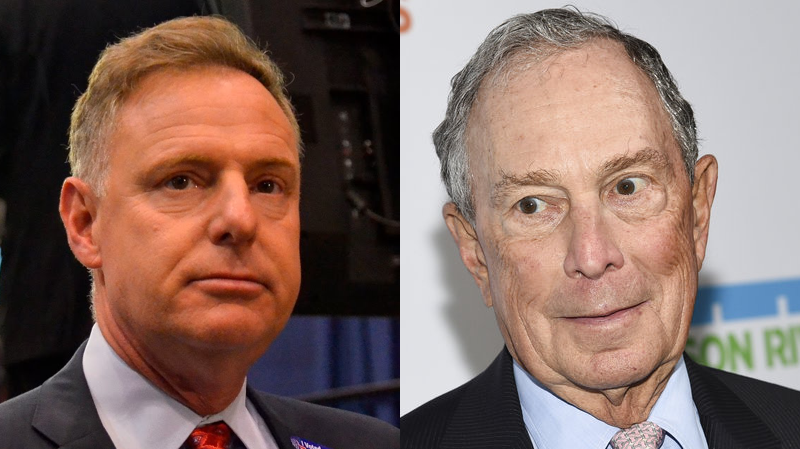 Rep.
Scott Peters (D-Calif.) is Mike Bloomberg’s campaign climate chair.
Rep.
Scott Peters (D-Calif.) is Mike Bloomberg’s campaign climate chair.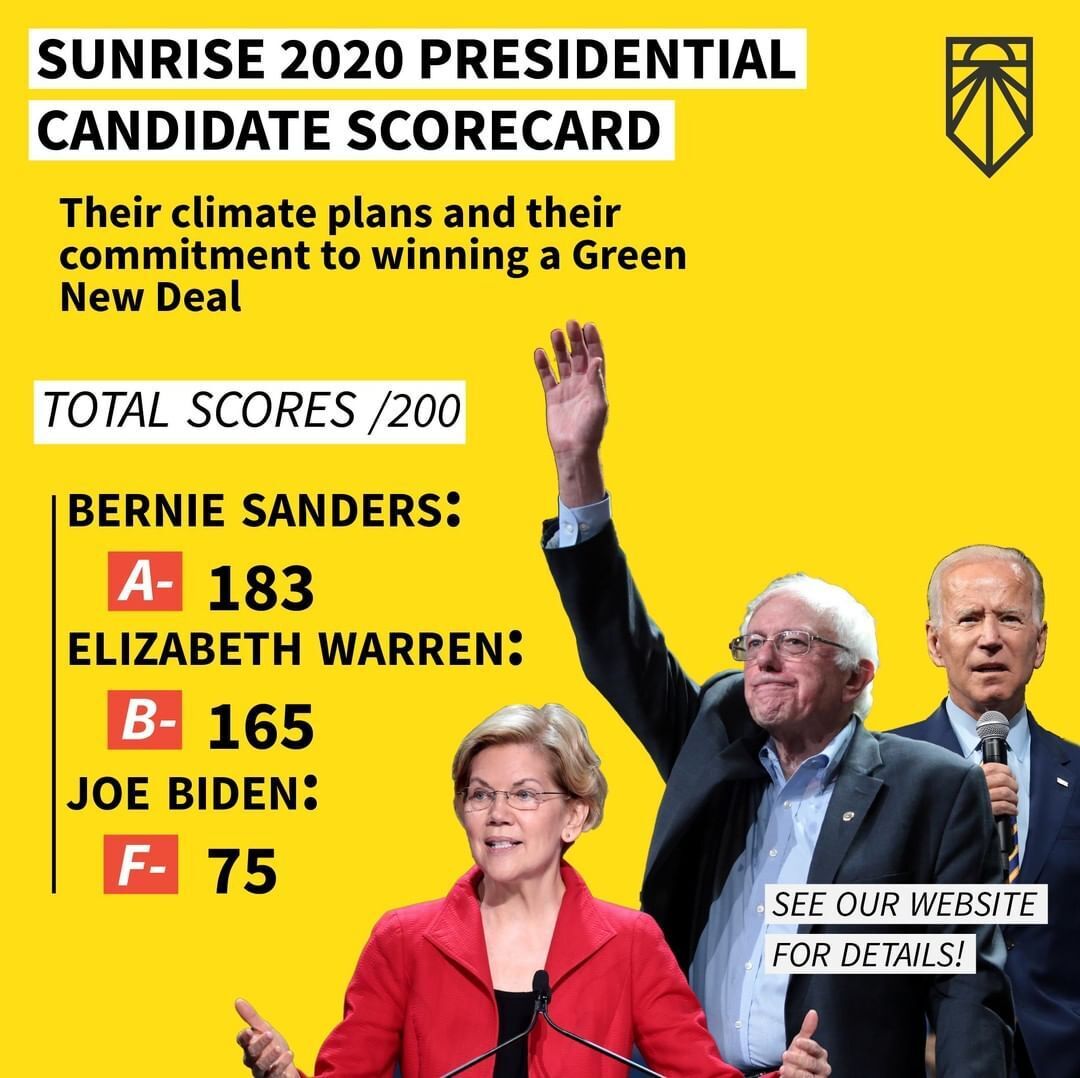 The
youth climate activist group Sunrise Movement has published a
The
youth climate activist group Sunrise Movement has published a 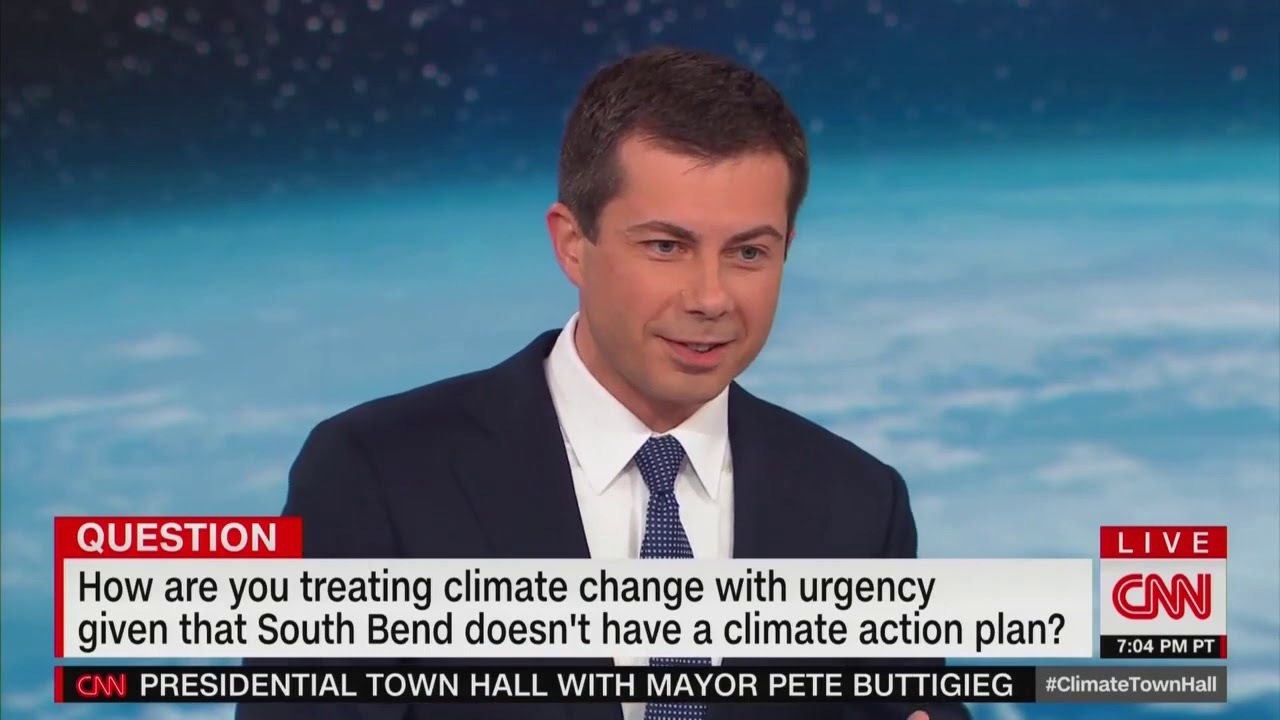 A
guest post by climate strategist Justin Guay. A prior version was
published on Twitter.
A
guest post by climate strategist Justin Guay. A prior version was
published on Twitter.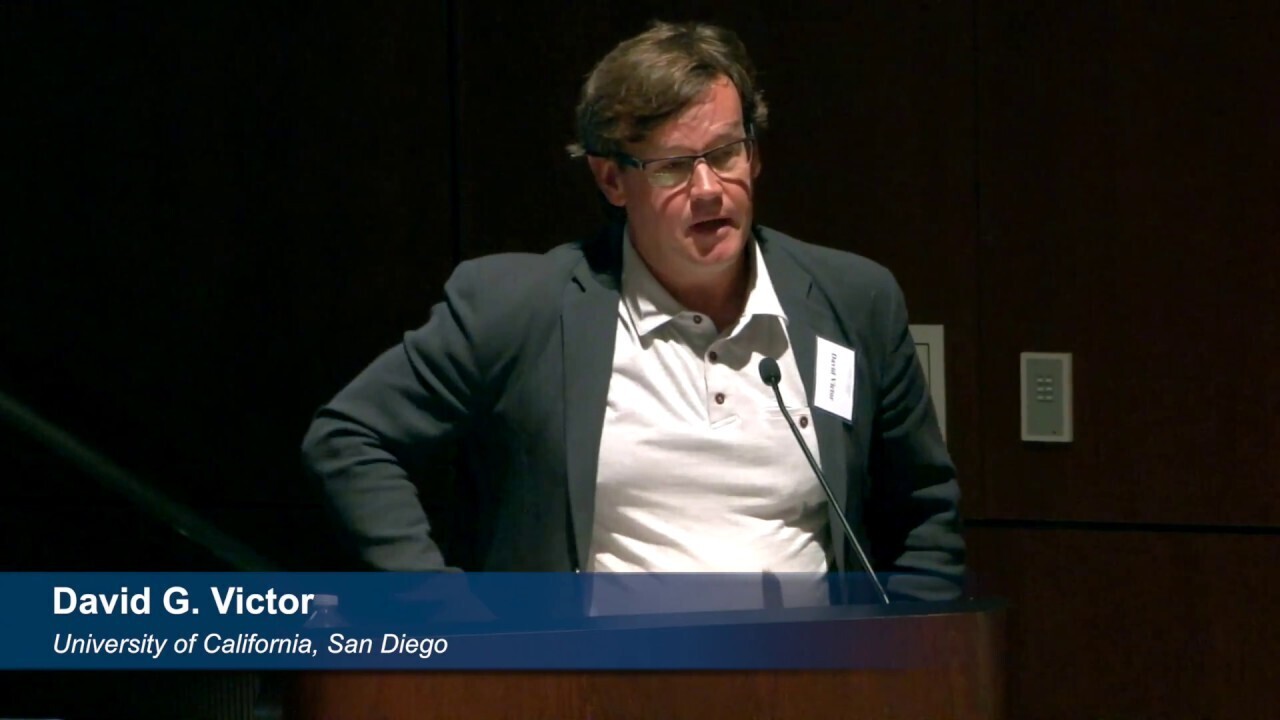 Pete Buttigieg
climate advisor David G. Victor, a political scientist and
Pete Buttigieg
climate advisor David G. Victor, a political scientist and  South Bend mayor
Pete Buttigieg, enjoying a surge in
South Bend mayor
Pete Buttigieg, enjoying a surge in
 The New York Times has dropped its
The New York Times has dropped its 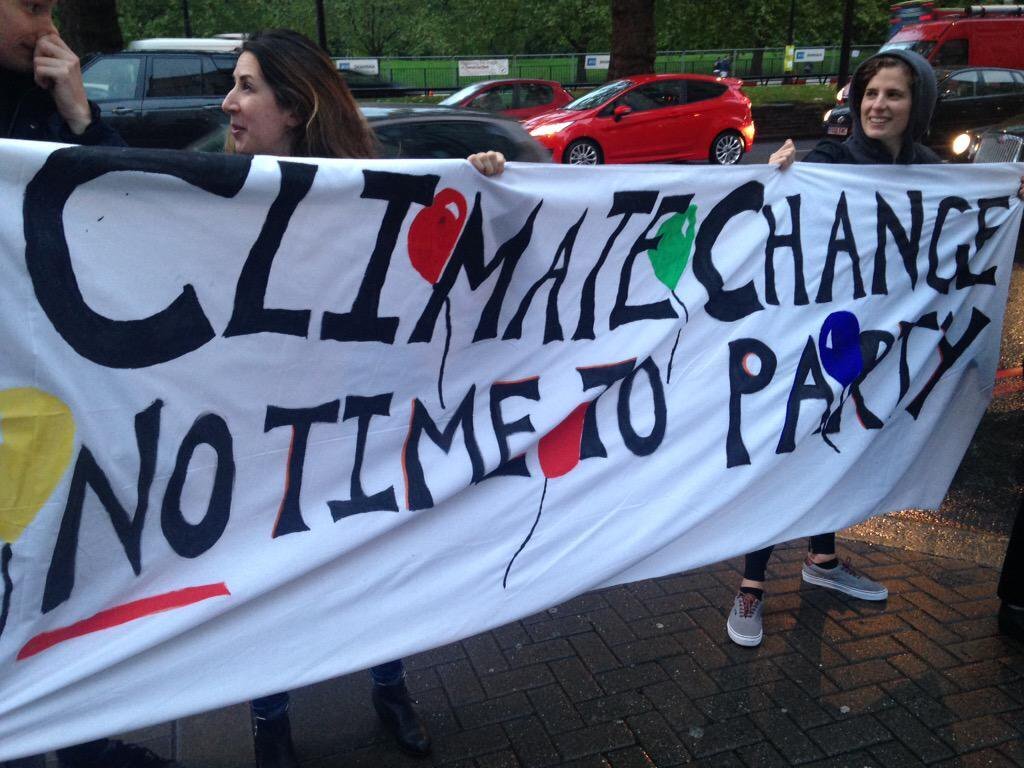 and
and 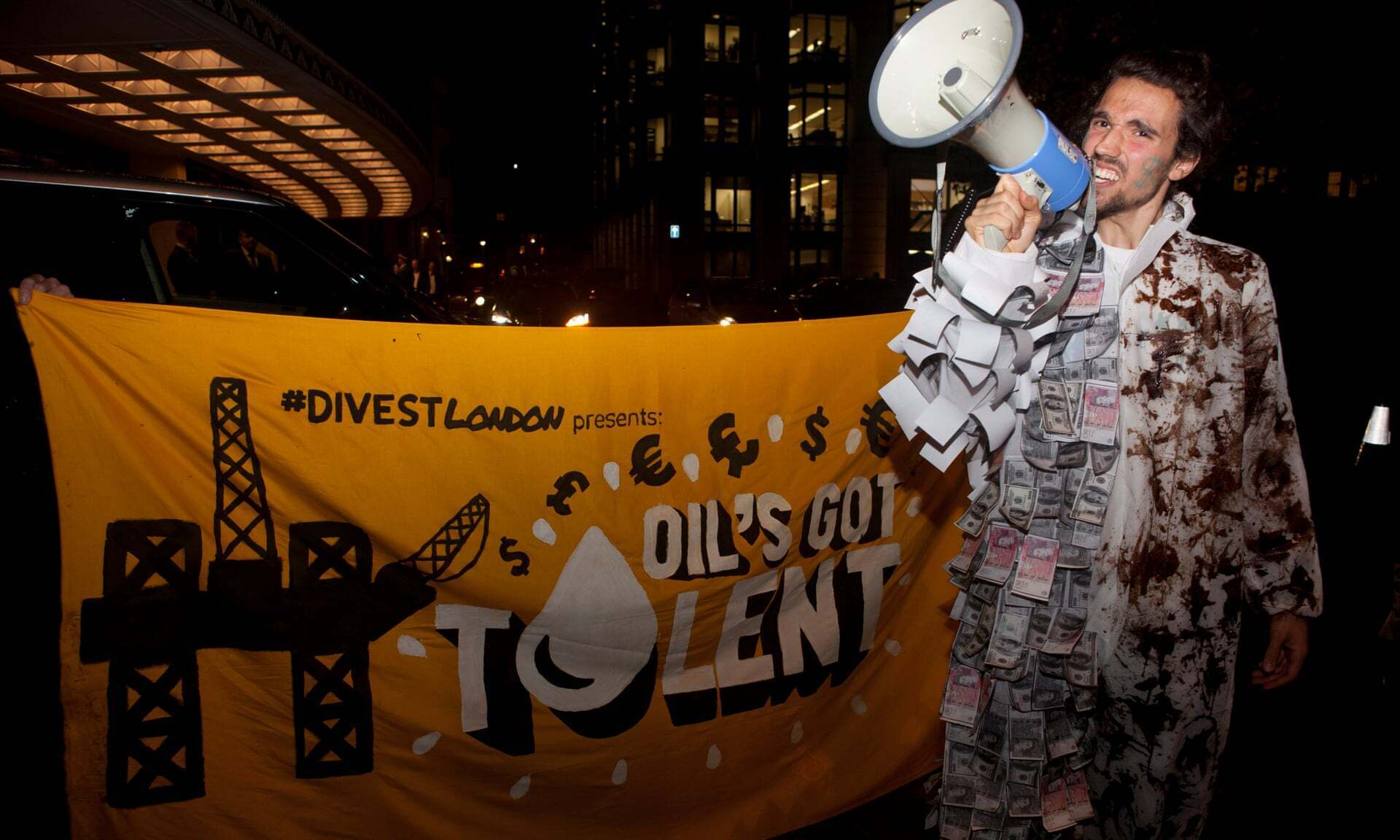 The protesters
The protesters 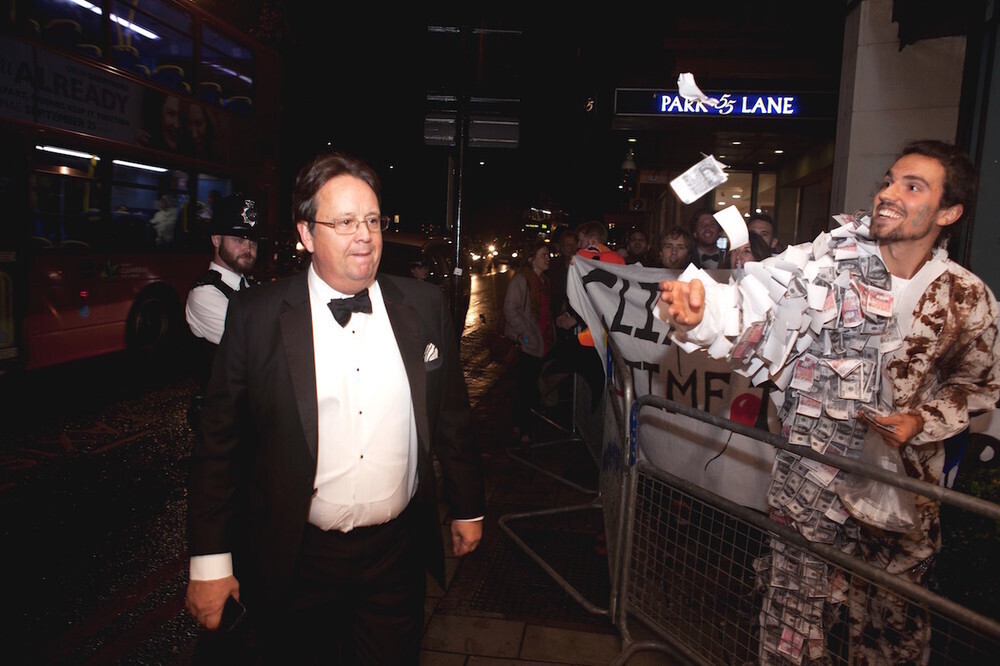 Two of the protesters superglued their hands to the
doors of a side entrance, and others tried to infiltrate the gala.
Two of the protesters superglued their hands to the
doors of a side entrance, and others tried to infiltrate the gala.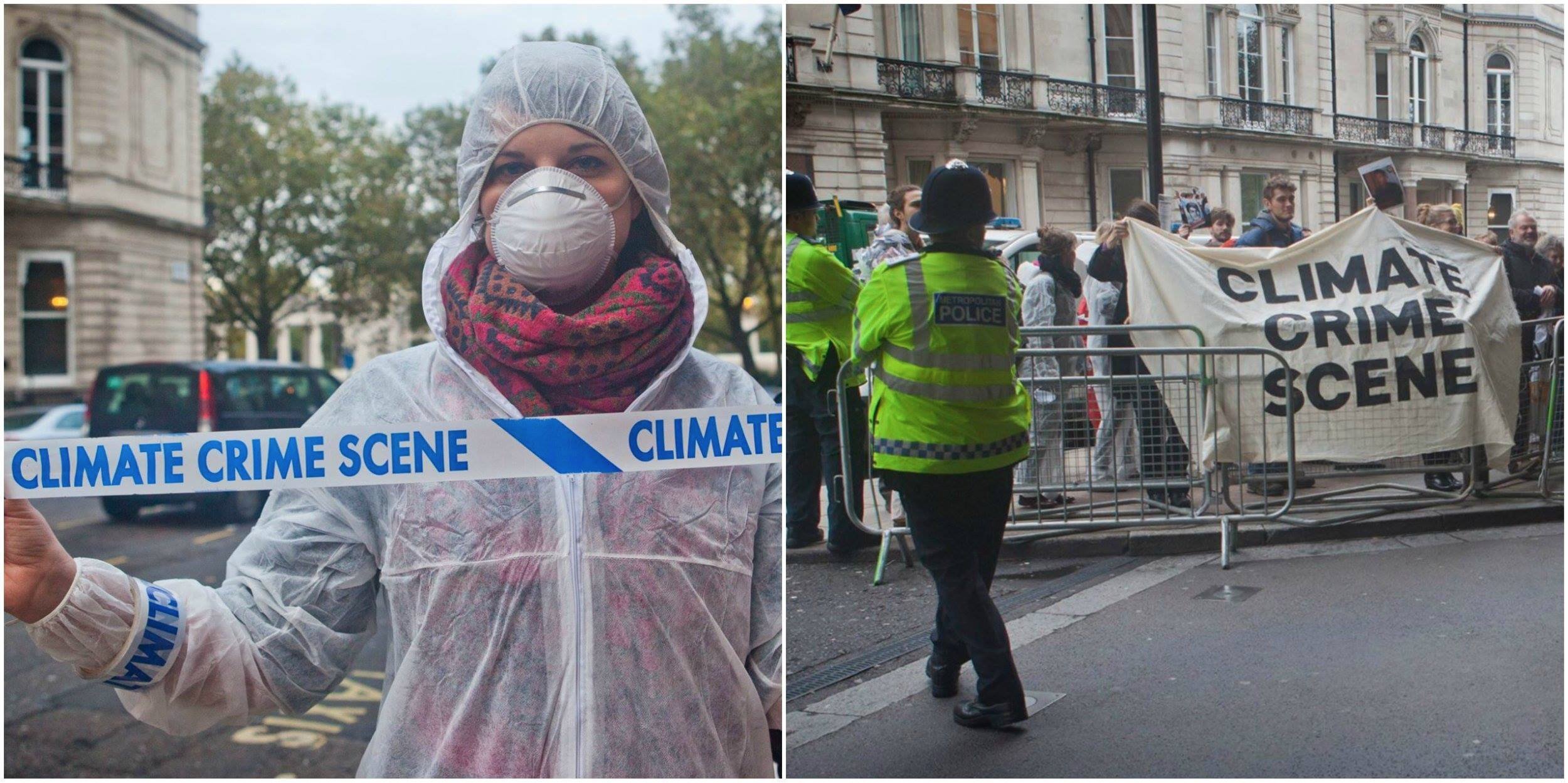
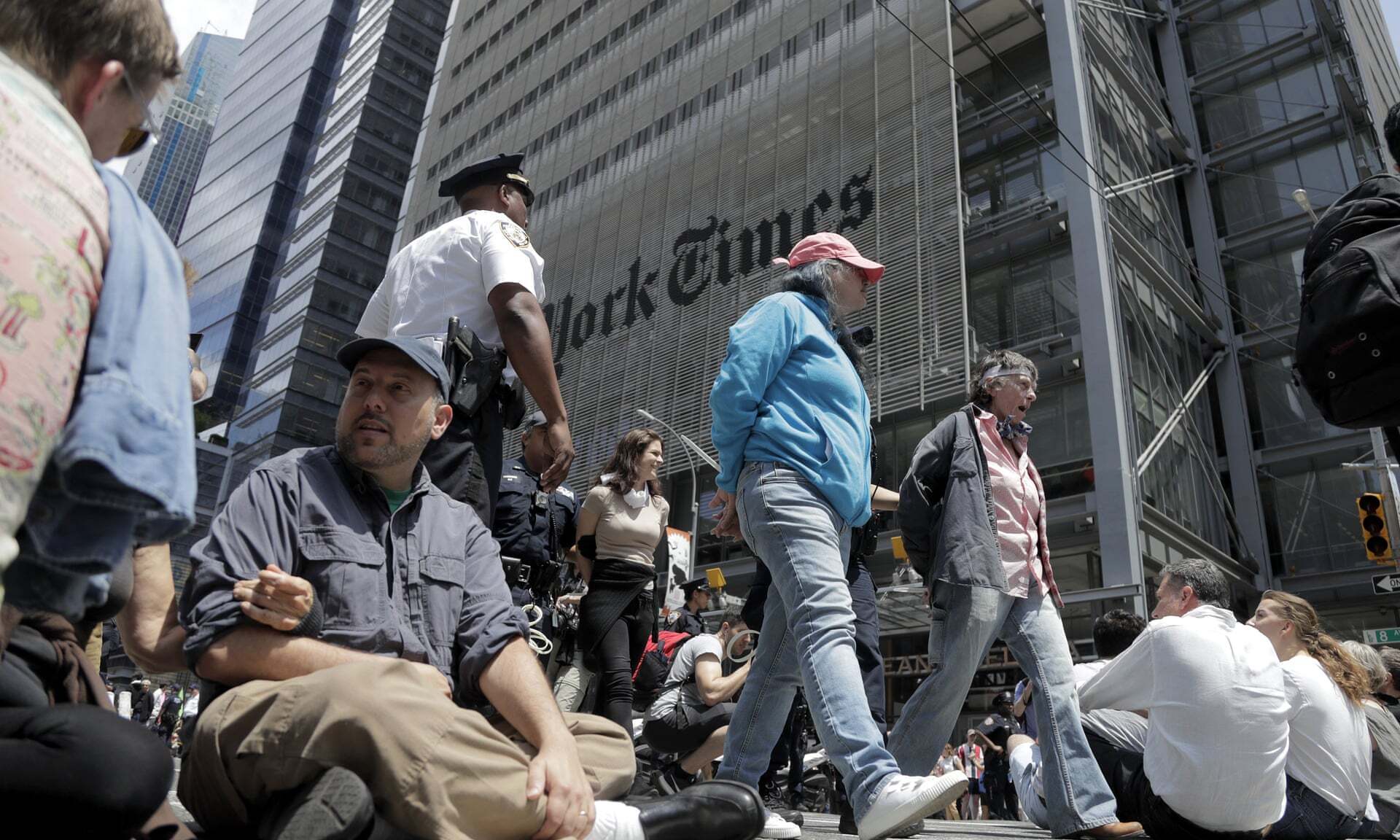 About
About 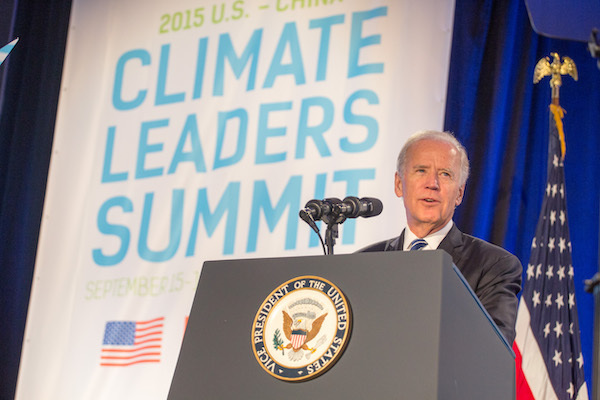 On Thursday,
the Democratic National Committee’s resolutions committee voted down a
resolution that would have established a climate debate for the
presidential candidates, reflecting the wishes of frontrunner Joe Biden.
However, the committee did open the door to candidates participating in
a non-DNC-sanctioned climate debate, a significant victory for the
On Thursday,
the Democratic National Committee’s resolutions committee voted down a
resolution that would have established a climate debate for the
presidential candidates, reflecting the wishes of frontrunner Joe Biden.
However, the committee did open the door to candidates participating in
a non-DNC-sanctioned climate debate, a significant victory for the
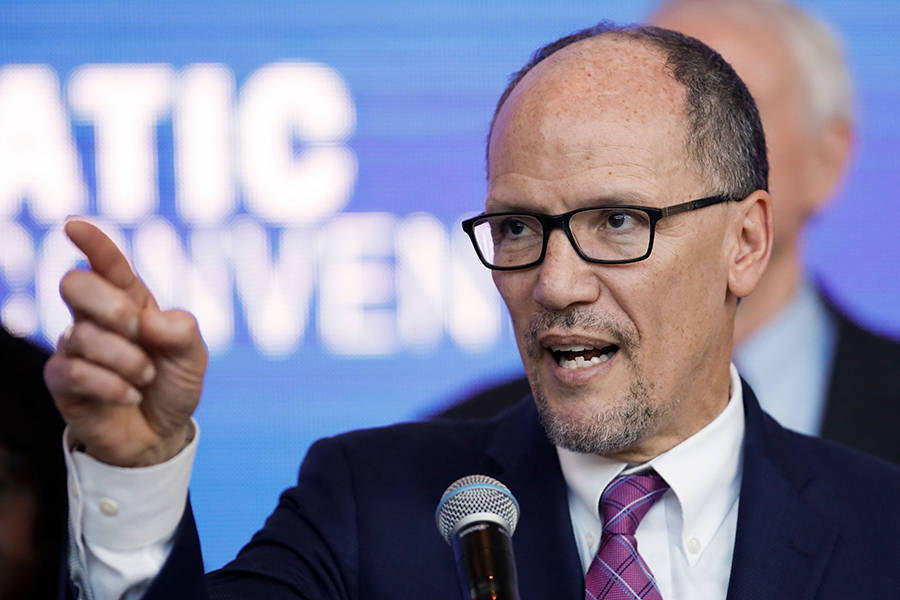 With the August 22nd meeting of the Democratic National
Committee fast approaching,
With the August 22nd meeting of the Democratic National
Committee fast approaching,